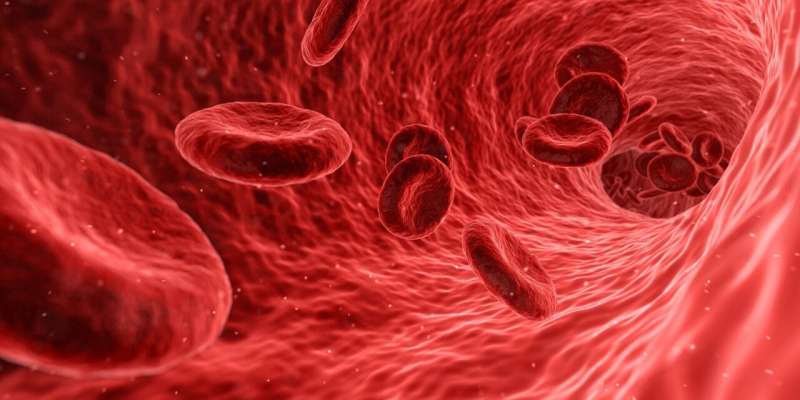Discovering a Brain Development 'Brake' May Unlock New Treatments for Multiple Sclerosis

Researchers have discovered a molecular 'brake' that controls brain cell maturation, offering new hope for regenerative treatments in multiple sclerosis by promoting remyelination and neural repair.
A groundbreaking study led by researchers at the Institute for Glial Sciences (IGS) at Case Western Reserve University has uncovered a natural 'brake' mechanism that regulates the maturation of vital brain cells involved in nerve repair. This discovery offers promising insights into multiple sclerosis (MS), a disease characterized by damaging the protective myelin sheath surrounding neurons.
The research, published in the journal Cell, focuses on oligodendrocytes—types of glial cells responsible for forming myelin in the nervous system. Proper timing in their maturation is essential for effective myelination and neural function. The scientists identified a molecule called SOX6 that acts as a molecular brake, halting oligodendrocytes in an immature state through a process called "gene melting."
In healthy brain development, SOX6 plays a crucial role by preventing premature myelin formation, ensuring cells develop at the right time and place. However, in MS patients, this brake appears to stay engaged longer than necessary, preventing oligodendrocytes from fully maturing and repairing damaged myelin. Brain tissue analyses from MS patients confirmed a higher prevalence of cells stuck in this immature state, whereas samples from Alzheimer's and Parkinson's patients did not show this delay.
To explore potential treatments, the team tested an antisense oligonucleotide (ASO)—a targeted molecular drug—aimed at reducing SOX6 levels in mice. This intervention successfully accelerated cell maturation, enabling the oligodendrocytes to remyelinate neurons effectively within days.
"Our findings suggest that in MS, oligodendrocytes are not permanently damaged but are stalled in their development," explained Jesse Zhan, one of the study's co-lead authors. "Releasing the molecular brake could restore the brain's natural repair mechanisms."
This research paves the way for regenerative therapies that could reverse or halt disease progression by promoting remyelination. Understanding why this immature state is heightened in MS could lead to targeted treatments that help patients recover lost neural functions. The insights also open avenues for investigating if similar mechanisms contribute to other neurodegenerative diseases.
The study highlights the importance of glial cells, which constitute over half of the nervous system's cells, in maintaining brain health and repairing damage. By understanding and manipulating the molecular controls behind oligodendrocyte development, scientists are closer to developing therapies that promote neural regeneration in MS and potentially other neurological conditions.
Source: https://medicalxpress.com/news/2025-08-molecular-brain-key-multiple-sclerosis.html
Stay Updated with Mia's Feed
Get the latest health & wellness insights delivered straight to your inbox.
Related Articles
Innovative Imaging of Oxytocin Receptor Paves the Way for Advances in Breast Cancer and Autism Research
New fluorescent tracers developed at the University of Vienna enable precise visualization and activation of the oxytocin receptor, unlocking new research and therapeutic possibilities for breast cancer and autism spectrum disorder.
Men with Hidradenitis Suppurativa Report Better Perceptions of Physician Communication
A groundbreaking study finds that male patients with hidradenitis suppurativa perceive their physicians as more respectful, listening, and explanatory, highlighting the need for improved communication with female patients.
Psoriasis and Its Connection to Increased Risk of Vision-Related Eye Diseases, New Study Shows
A groundbreaking study links psoriasis to a significantly higher risk of developing age-related macular degeneration, emphasizing the importance of eye health vigilance among psoriasis patients.
Promising Results of Combined Epigenetic Therapy in Blood Cancer Treatment
A groundbreaking preclinical study shows that combined epigenetic inhibitors targeting G9a and DNMTs can effectively reduce tumor growth and induce cell death in multiple myeloma, opening new therapeutic possibilities.



